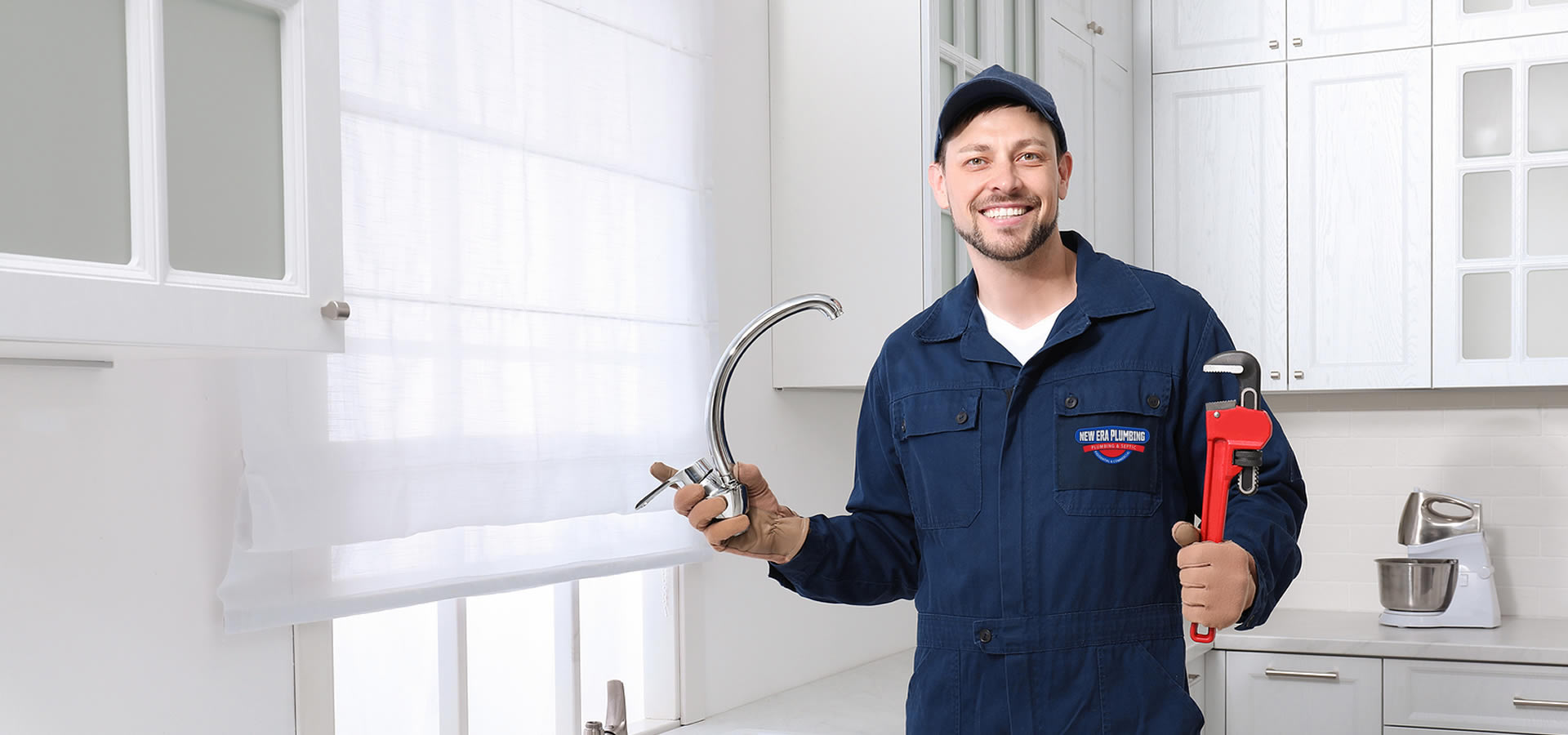An overflowing toilet is often the result of a blockage that prevents water from draining away. Sometimes it's too much toilet paper or unflushable items. It could also be a problem with the plumbing farther down the line like tree roots obstructing your sewer pipes. If your toilet is acting up, turn off the water supply valve near the base to stop the overflow, and then investigate. A plunger can often solve minor issues, but for persistent problems, it might be time to give us a call.

24 Hour Emergency Plumbing & Services
4.8 / 5 Ratings based on 584 reviews Great Plumbers, Great Reviews
Get $25 OFF This Saturday
404-629-9478

